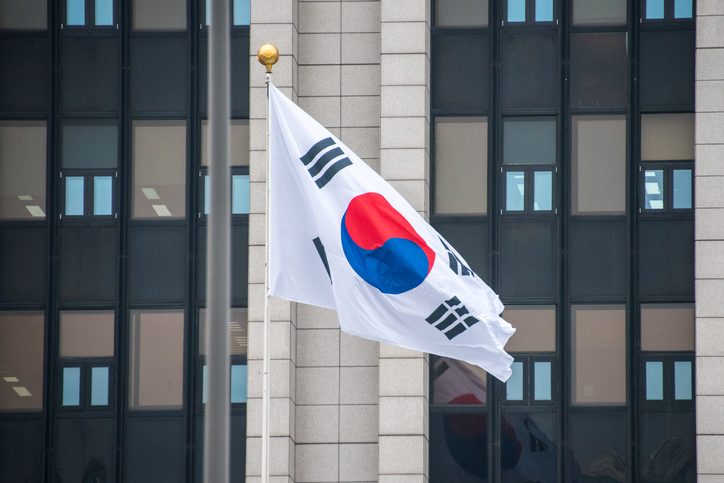South Korea has formally become a “super-aged” society as the share of its population aged 65 or over surpassed 20 per cent, the interior ministry said on Tuesday, as the country copes with a demographic crisis of a rapidly ageing population and low birth rates.
As of Monday, there were 10.24 million South Koreans aged 65 or older, accounting for 20.0 per cent of the country’s total population of 51.22 million, according to the ministry, Yonhap news agency reported.
The United Nations classifies countries where more than 7 per cent of the population is 65 or older as an ageing society, those with over 14 per cent as an aged society, and those with more than 20 per cent as a super-aged society.
The elderly population in South Korea has gradually increased over the years, standing at 4.94 million in 2008. It accounted for 10 per cent of the population in 2008 before surpassing 15 per cent in 2019 and reaching 19.05 per cent in January this year.
As of Monday, the number of women in this age group stood at 5.69 million, compared with 4.54 million men.
The elderly population accounted for 27.18 per cent of the total population in South Jeolla Province—the highest among the country’s major regions. The central city of Sejong had the lowest share at 11.57 per cent.
The elderly population accounted for 19.41 per cent of the total population in Seoul.
“Urgent, fundamental, and systematic response measures are needed, especially with the installation of a population-focused ministry,” a ministry official said in a release.
South Korea has unveiled plans to launch a new ministry of population strategy to address its demographic crisis.
(Inputs from IANS)




















